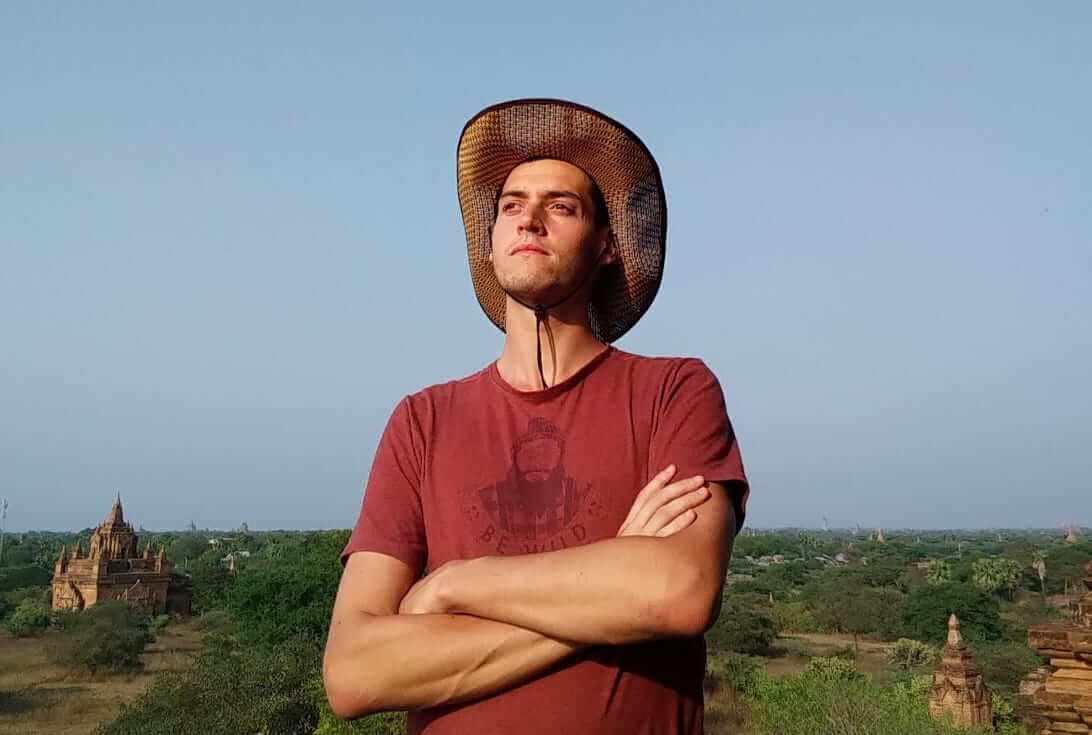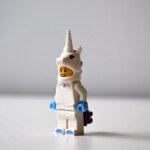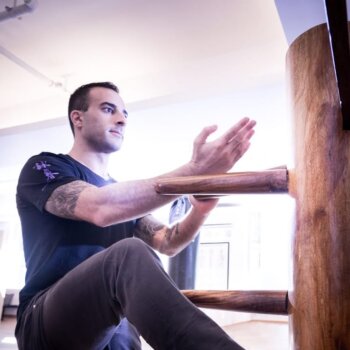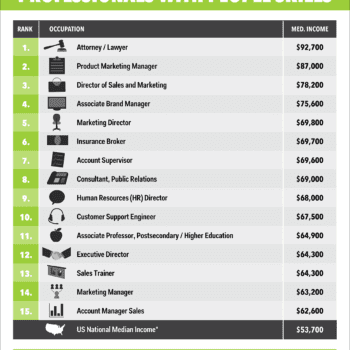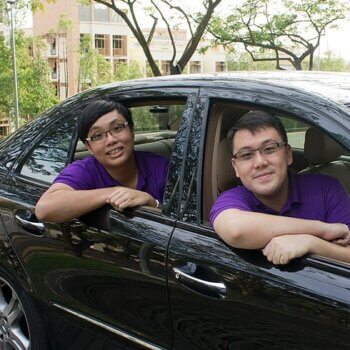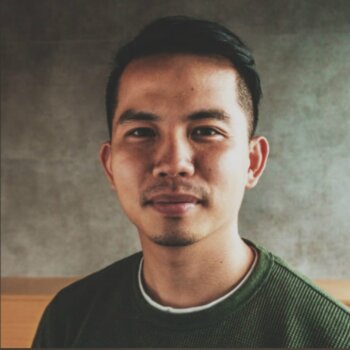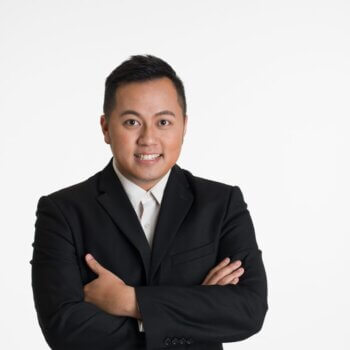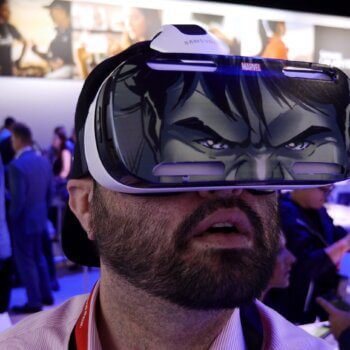Following his passion, and wanting to make sure that no one is left behind during the new digital revolution, Yoann founded Dathappy to merge social and digital innovation.
What’s your story?
Growing up in the French countryside as my father was a farmer, I discovered local and small communities with a lot of mutual aid and volunteering in organizations before moving to larger cities. Since eons, I have been passionate about numbers and society questions, I found a perfect university degree combining at the same time Sociology and Data Science. I then continued to grow in the data ecosystem as a consultant and being the first Data Scientist for a large manufacturing company. But social impact was calling and I founded Dathappy to merge social and digital innovation on a daily basis.
What excites you most about your industry?
Data is everywhere!
You can really apply these techniques in various industries from manufacturing to e-commerce. Almost anything is possible with the technologies we are developing, but, to have an impact, matching this progress with businesses and users’ needs is the most important and exciting.
What’s your connection to Asia?
I first came to Singapore by opportunity. Indeed, having some issues with my French enterprise to realize my PhD, an offer came to me by my alumni network to develop Data Science in a European MNC having a lot of promising challenges.
I had then the possibility to travel for work and leisure in the amazing South East Asia landscapes, discovering very different cultures and ways of living. Staying at local homes or helping for few days the rice harvest for example, I strengthened my wish to have more social and environmental impact in the region.
Favourite city in Asia for business and why?
Singapore is like a small western country in Asia. Combining locally various communities while empowering neighbours cultures makes this place an incredible international hub. Of course, this small market could be difficult for an entrepreneur. However, it is an open door to South East Asia and other continents at the same time, places where ideas can scale.
What’s the best piece of advice you ever received?
A good friend one day told me a Marcel Proust quote as an advice: “The real voyage of discovery consists not in seeking new landscapes, but in having new eyes.” It is true for travelers but also for business. When you are trying to innovate, you are learning so much about yourself and the world around that the failure is as meaningful as the success.
Who inspires you?
Social leaders – as B Corps and social enterprises CEOs trying to make the social impact real. Emmanuel Faber for example, moving Danone from pure profit strategy to more social innovation while having economic sustainability. He is showing us how difficult it could be to realize that mindset change, but nothing is impossible and they officially became a B Corp.
What have you just learnt recently that blew you away?
In the UK, more than 1 in 10 of SMEs are social enterprises. Few countries are really putting social & environmental initiatives in the core of their economic system, this is a great example to follow.
If you had your time again, what would you do differently?
I wouldn’t change a lot but being more in an open collaboration learning system with the other students at school
could have been better than trying to have individually better results. Alone we are going fast but together we are going far!
How do you unwind?
Going deep into nature to hike and meet remote cultures. One great example was my trip to Toraja where I met a wonderful family living in poor conditions but offering me all they had. I feel full of energy after experiences like this.
Favourite Asian destination for relaxation? Why?
Indonesia and particularly the great volcanoes you can climb. This force of nature, really often close to the sea in this country, where you can also enjoy scuba-diving, is a wonderful place to meditate.
Everyone in business should read this book:
The organizations schemas we define are then shaping our societies and people interactions. Therefore, even if I don’t think all companies should have an holacratic organization, it is important to think about how we could organize ourselves and work in our fast changing world. “Holacracy: The New Management System for a Rapidly Changing World”, Brian J. Robertson
Shameless plug for your business:
From strategy, passing by an identification and prioritization of the relevant ideas, to the projects implementation, Dathappy supports the organizations to grow their activity with data consulting services. We have a simple mission: Make sure that no one is left behind during the new Digital revolution (no organization
& no individual). Therefore, we are fighting the technological unemployment offering training for all with real life experiences on purpose-driven Data projects.
How can people connect with you?
LinkedIn: https://www.linkedin.com/in/yoannfol/
Website: http://www.dathappy.com/
Twitter handle?
@yoannfol
—
This interview is part of the ‘Callum Connect’ series of more than 500 interviews
Callum Laing is an entrepreneur and investor based in Singapore. He has previously started,
built and sold half a dozen businesses and is now a Partner at Unity-Group Private Equity and Co-Founder of The Marketing Group PLC. He is the author two best selling books ‘Progressive Partnerships’ and ‘Agglomerate’.
Connect with Callum here:
twitter.com/laingcallum
linkedin.com/in/callumlaing
Download free copies of his books here: www.callumlaing.com
